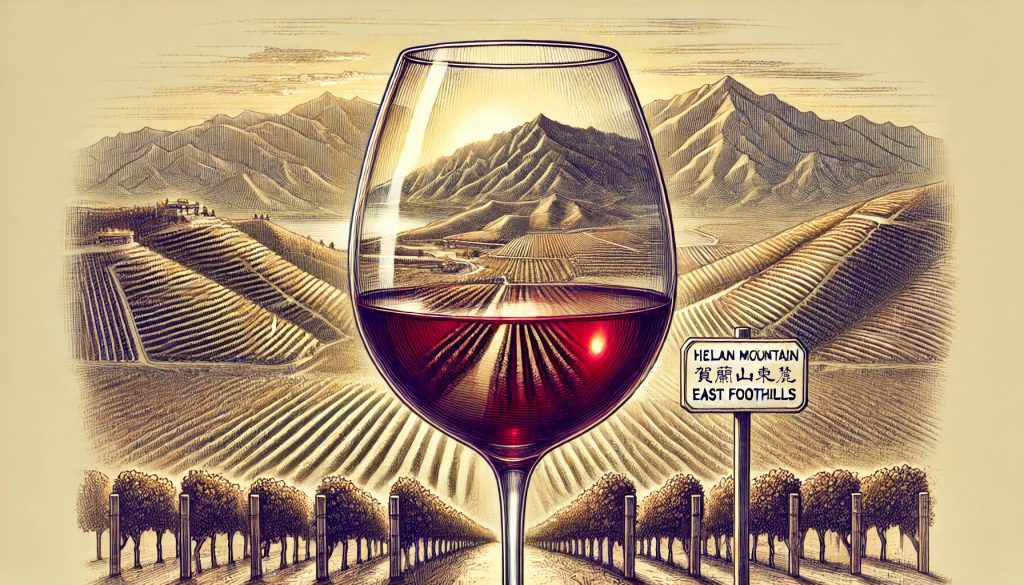In one of the largest wine deals in recent U.S. history, The Wine Group, a California powerhouse, has agreed to acquire six prominent brands, three production facilities, and roughly 2,670 hectares of vineyards from Constellation Brands, a global beverage titan. Set to close in early 2026 pending regulatory approval, this transformative acquisition highlights the accelerating consolidation of a wine industry navigating turbulent times – changes that could ripple far beyond U.S. borders.
The acquisition delivers a dynamic lineup of labels to The Wine Group: Meiomi, a mid-to-high-end Pinot Noir prized in upscale U.S. restaurants; SIMI, a Sonoma County standout known for polished Chardonnay and Cabernet Sauvignon; Woodbridge and Robert Mondavi Private Selection, go-to choices in American grocery stores priced between $7-$15 – labels that, while affordable, carry recognition bahkan outside the U.S.; and J. Rogét and Cook’s, budget-friendly sparkling wines for casual toasts. Included are three facilities in Lodi, Monterey County, and Healdsburg, home to SIMI’s storied winery, plus about 6,600 acres of vineyards spanning California and Washington state. These assets mesh seamlessly with The Wine Group’s portfolio, including Cupcake Vineyards and Franzia, the boxed-wine leader, expanding its reach across markets and price tiers.
For The Wine Group, this is a bold step forward. Meiomi’s restaurant appeal and SIMI’s craft prestige deepen its hospitality presence, while Woodbridge’s volume cements supermarket strength. “We’re dedicated to quality and variety for consumers,” the company’s leadership has signaled, suggesting plans to spark innovation with these brands. Building on Franzia’s mass-market success, The Wine Group is well-positioned to weave these additions into its operations, potentially rolling out fresh offerings to meet shifting demands.
Constellation Brands, meanwhile, is honing its focus on premium segments. Its wine and spirits sales dipped 7% in fiscal 2025, a sign of mainstream market struggles. This isn’t its first reshuffle – in 2021, it offloaded several lower-end brands to E. & J. Gallo for $1.7 billion, paving the way for a high-end pivot. Now, Constellation is betting on upscale wines like Kim Crawford and The Prisoner Wine Company, alongside its thriving beer lineup of Modelo and Corona. “We’re chasing the strongest growth opportunities,” said CEO Bill Newlands, positioning the sale as a move to align with premium consumer trends. Success will depend on standing out in a crowded luxury field.
Subscribe to our newsletter
The U.S. wine industry faces stiff challenges. Sales slid about 6% in 2024, pressured by younger drinkers’ shift to spirits and seltzers. The Wine Group’s expanded portfolio could jolt retail channels, especially in the mid-tier where Meiomi and SIMI compete. Its new vineyards and facilities may support sharper pricing or novel blends, drawing cost-conscious buyers. Constellation’s upscale gamble hinges on making its premium brands resonate, a challenge in a market craving unique narratives.
Globally, consolidation is a common thread, though not without pitfalls. In Australia, Treasury Wine Estates, behind Penfolds, aimed to shed lower-priced labels in early 2025 but saw talks collapse, a nod to the complexity of such moves. The Wine Group’s deal, by contrast, marks a smoother stride, though integrating six brands and multiple sites will demand finesse. As markets from Europe to China take note, questions swirl: could similar deals reshape Bordeaux’s estates or fuel Asia’s budding wine hubs? As the global wine industry seeks fresh momentum in a cautious era, this deal may not just mark a turning point in U.S. wine – it could hint at the next wave of global restructuring.
The Wine Group now has room to flex, perhaps pushing Meiomi into new global markets or revitalizing Woodbridge’s domestic pull. Constellation’s premium push, if it clicks, could chart a path for others. The wine world is watching.


